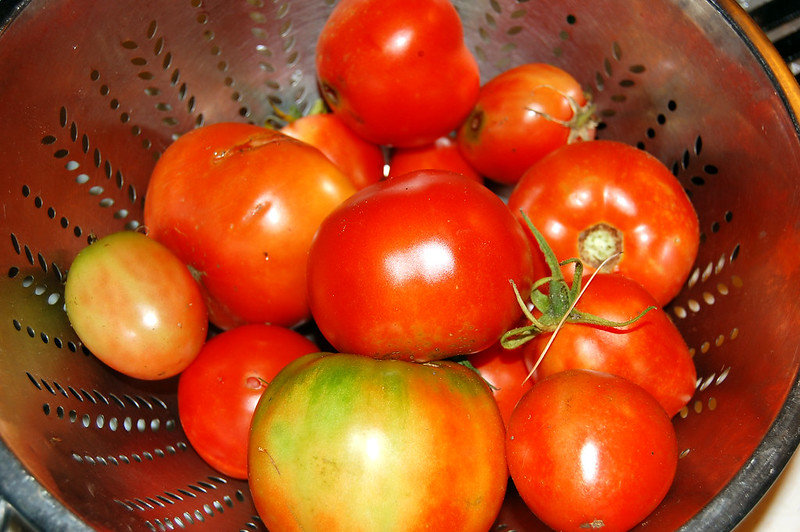Today in 1893, the highest court in the land made a controversial ruling that would profoundly affect Americans to this day.
It’s the day the US Supreme Court ruled that the tomato was a vegetable.
For the record, that is not scientifically accurate.
The tomato bears the seeds of its plants, which makes it a fruit.
But any botanist could tell us that.
Why was there a case before the Supreme Court about what tomatoes are?
It was because of a law called the Tariff Act of 1883.
The US imposed a 10 percent tariff on imported vegetables once they entered the country, but there was no such tariff on fruit.
John Nix was a fruit importer in New York.
When the collector of the port of New York, Edward Hedden, saw Nix bringing in Caribbean tomatoes, he charged the tariff.
Nix objected and eventually sued, and when his case made it to the Supreme Court he presented his evidence: the dictionary definition of a tomato.
The Supreme Court agreed with Nix… but ruled against him anyway.
According to the ruling, a tomato is a fruit in botanical terms, but it’s not used the way most fruits are used.
It’s much more likely to end up with potatoes, carrots, lettuce and so forth.
So for commercial purposes, tomatoes could be considered vegetables.
And, of course, Nix would have to pay the tariff.
Not that the ruling settled the debate.
New Jersey named the tomato its state vegetable, but in Ohio and Tennessee the tomato became the state fruit.
Today in 1999, Vermont enacted a law declaring apple pie the official state pie.
But the law also declared that when serving the state pie, a good faith effort must be made to include a slice of cheddar cheese and a scoop of vanilla ice cream.
And a glass of cold milk on the side!
The Supreme Court and the Great Tomato Controversy (IIT Chicago-Kent College of Law SCOTUS Now)
The obscure Supreme Court case that decided tomatoes are vegetables (Washington Post)
Vermont State Pie (Netstate)

